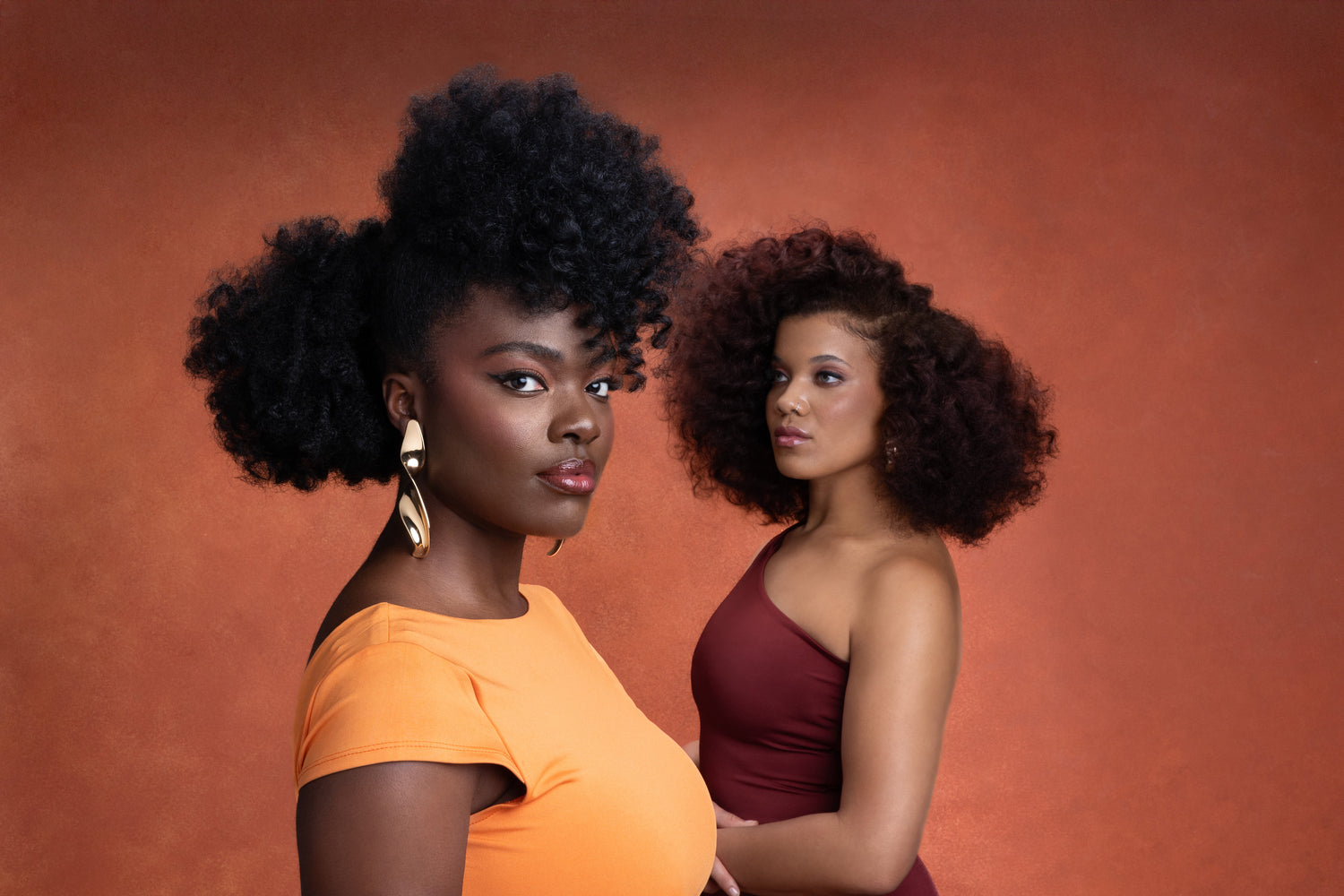Wondering what is co washing hair? Well, let us explain: co washing has fast become popular with the curly and afro hair community, and it is the practice of ‘washing’ one’s hair with a cleansing conditioner or a conditioner (hence the apt name!). But is it worth skipping the shampoo step in your hair routine? Is co washing hair effective or detrimental? We go through the science and provide you with the truth about co washing.
What Are the Pros and Cons Of Co-Washing Hair?
Many people report having softer hair once they have co washed their hair, but the ‘benefits’ are often short lived, with the practice leading to a host of hair and scalp issues.
Product Build Up
‘Washing’ your hair with conditioner can lead to product build-up. This happens when our skin/scalp comes in continuous contact with products that aren’t meant for it AKA a rinse-off conditioner.
So if you are doing a co wash for Black hair with a regular conditioner or even a ‘co-wash’ conditioner/cleanser targeted towards afro and curly hair, you will most likely face product build-up.
Products Become Less Effective
You might be thinking what’s the big deal if you have a bit of build up? Well, build up forms layers on the hair cuticle and basically stops products from working on your hair, which is not what we want!
Contact Dermatitis
As we mentioned, co washing can lead to build up on the scalp and this can also be irritating to the skin because conditioners were designed to be rinsed off. This continuous contact with a substance that should be rinsed away but hasn’t been can lead to contact dermatitis.
Itchy Scalp
When our scalp is irritated and has build up, it can become itchy and flaky. You might mistake this for dandruff but it is most likely a scalp issue from not properly cleansing your scalp.
What Is The Alternative To Co Washing?
You should aim to wash your hair every 7-10 days using a mild, sulphate-free shampoo, like Swish. This includes when you have your hair in a protective style. This will ensure that there is no scalp build-up, that you remove enough sebum, and that dirt and dust is gone. Then follow up with applying a silicone-free conditioner, like Swirl and leaving it on for a few minutes before rinsing it off.
Why You Should Actually Wash Your Hair: The Science
Washing and conditioning your hair work in tandem. A gentle shampoo or a sophisticated “co-wash” conditioner have cleansing agents that are majority anionic (have negative charge) or amphoteric (have both negative and positive charges but act as a non-ionic). The charges allow the shampoo to lift up the dirt and product build-up. Some of the charges are left on the hair and scalp. After you rinse away the shampoo, the charges migrate onto your hair and your drain.
The rules of attraction apply for conditioners. The negative leftover charges from the mild shampoo/”co-wash” conditioner attract to the cationic surfactants of the conditioner. The natural oils are also deposited on the hair and scalp, some of which can actually penetrate the hair shaft.
After each treatment, you should rinse out the products to prevent possible buildup from the washing process itself. Try to make your rinsing time double your lathering time.
Essentially, conditioners have positive charges in them so when you massage these charges onto your scalp, they tend to stay on. They are not designed to stay on your skin for too long because they can irritate our skin.
NB: If you experience any scalp conditions such as dandruff (micro-inflammation), seborrheic dermatitis (inflammation), folliculitis (inflammation), hair thinning and hair loss, please see medical advice.
Related Articles:
Why Is My Scalp so Itchy? 4 Common Causes and Fixes

